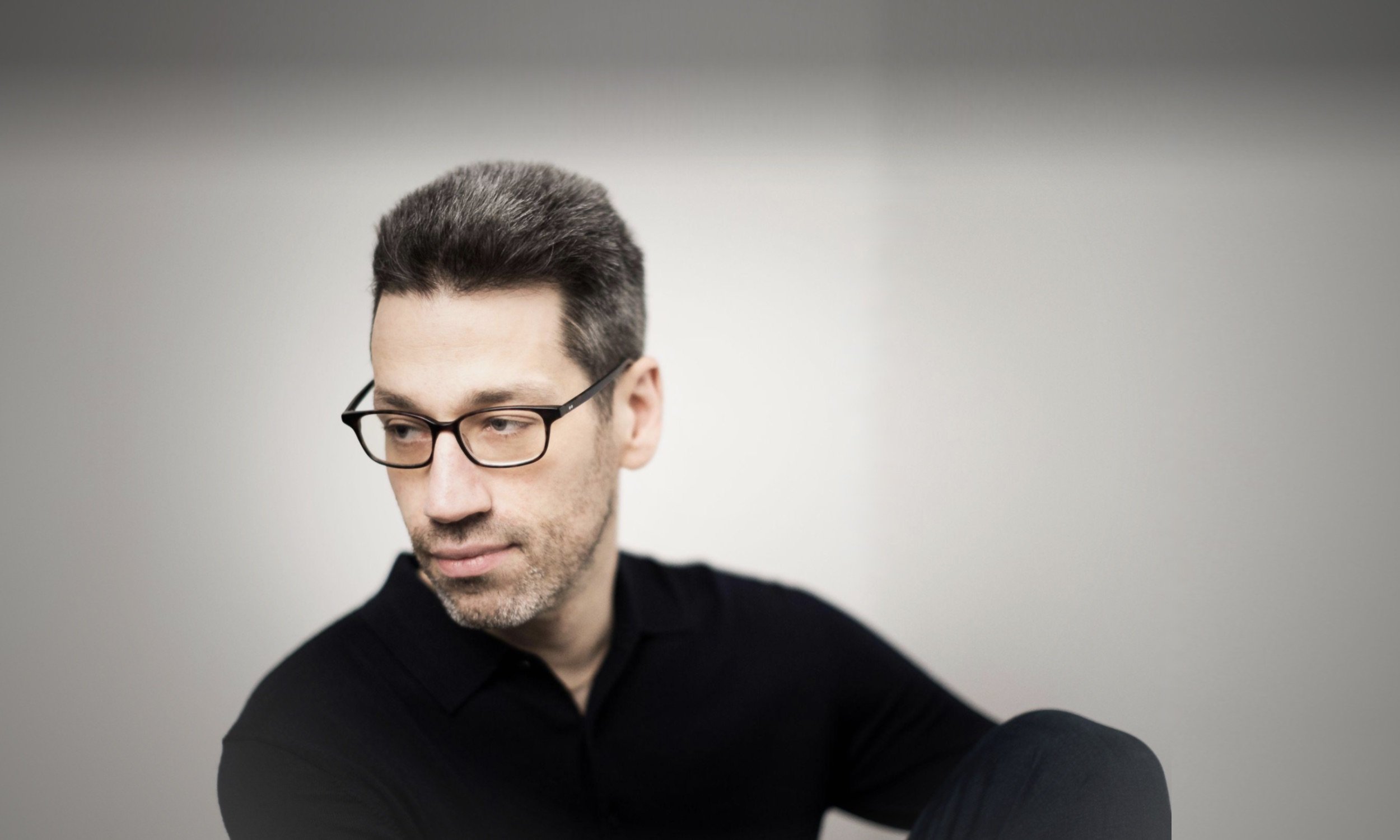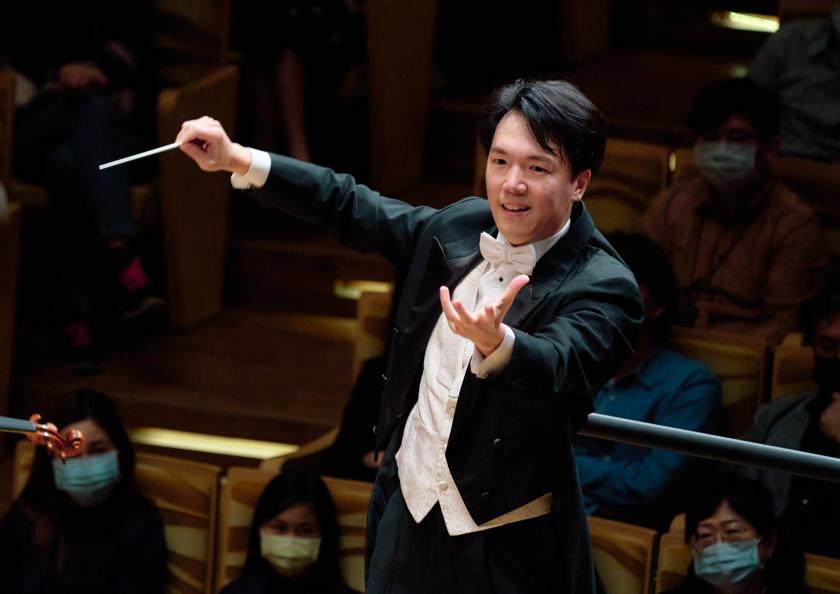On paper, it was a standard programme with no stars to explain how this came to be a sellout concert. But packed it was, an audience of all ages which sat with concentrated awe through the spellbinding slow movement of Brahms’s First Piano Concerto and went wild at the end of Berlioz’s Symphonie fantastique. Both works were groundbreaking at the time, sounding absolutely fresh here with the passion and precision awesomely well balanced by conductor Lio Kuokman.
It may be that the leonine Brahms is one step too far for a subtle pianist like Jonathan Biss (pictured below by Benjamin Ealovega): in the biggest passages, the sound wasn’t always clear from where I was sitting, the effort of double octaves masked by the sustaining pedal. What the orchestra proposed in firing off the majestic opening cannonade wasn’t quite rivalled by the soloist’s response. But as the wide-spanning exposition moves miraculously from melancholy fury to lyric ease, Biss's sensitivity and space came into their own, beautifully underpinned and echoed by first horn Timothy Jones.
The audience played its part in the magic of the Adagio, and the finale's move into major-key good humour was finely calibrated. Biss's exquisite encore was the same as Igor Levit's a fortnight earlier, the epilogue of Schumann's Kinderszenen, "The Poet Speaks"; while Levit had to contend with microphone poppings, Biss only had a mobile phone counterpoint. Both held the spell.  From the balcony, strings had both depth and clarity in all the subtle dynamic gradations Kuokman asked of them - it was only a shame that the first appearance of the idee fixe representing the obsessive protagonist's elusive beloved didn't get its repeat - and wind choruses sang. The human voice was always there in Berlioz's Symphonie fantastique, especially in those barline-crossing melodies for violins and flute, and articulation stayed clear in genuinely frenzied climaxes. Kuokman is clearly a master of dance music: as the ballroom waltz snaked its way, the hand gestures were a joy to watch, and Berlioz's very peculiar reiterations had a fuller sense of strangeness than in any performance I've heard before.
From the balcony, strings had both depth and clarity in all the subtle dynamic gradations Kuokman asked of them - it was only a shame that the first appearance of the idee fixe representing the obsessive protagonist's elusive beloved didn't get its repeat - and wind choruses sang. The human voice was always there in Berlioz's Symphonie fantastique, especially in those barline-crossing melodies for violins and flute, and articulation stayed clear in genuinely frenzied climaxes. Kuokman is clearly a master of dance music: as the ballroom waltz snaked its way, the hand gestures were a joy to watch, and Berlioz's very peculiar reiterations had a fuller sense of strangeness than in any performance I've heard before.
We may not have had the spatial magic of the oboe answering the cor anglais from the heights, but Rebecca Halliday's onstage piper made every expressive nuance tell, and the echoing thunder on the four timps when her mate has vanished from the landscape compelled, as ever. The energy continued hand in glove with pregnant silences and absolute clarity through the March to the Scaffold and the Witches' Sabbath, with as brilliant an E flat clarinet distortion of the idee fixe as you could ever hope to hear, and an almost indecent excitement in the final revels. The NSO is still looking for a principal conductor; Kuokman would be a splendid choice.













Add comment